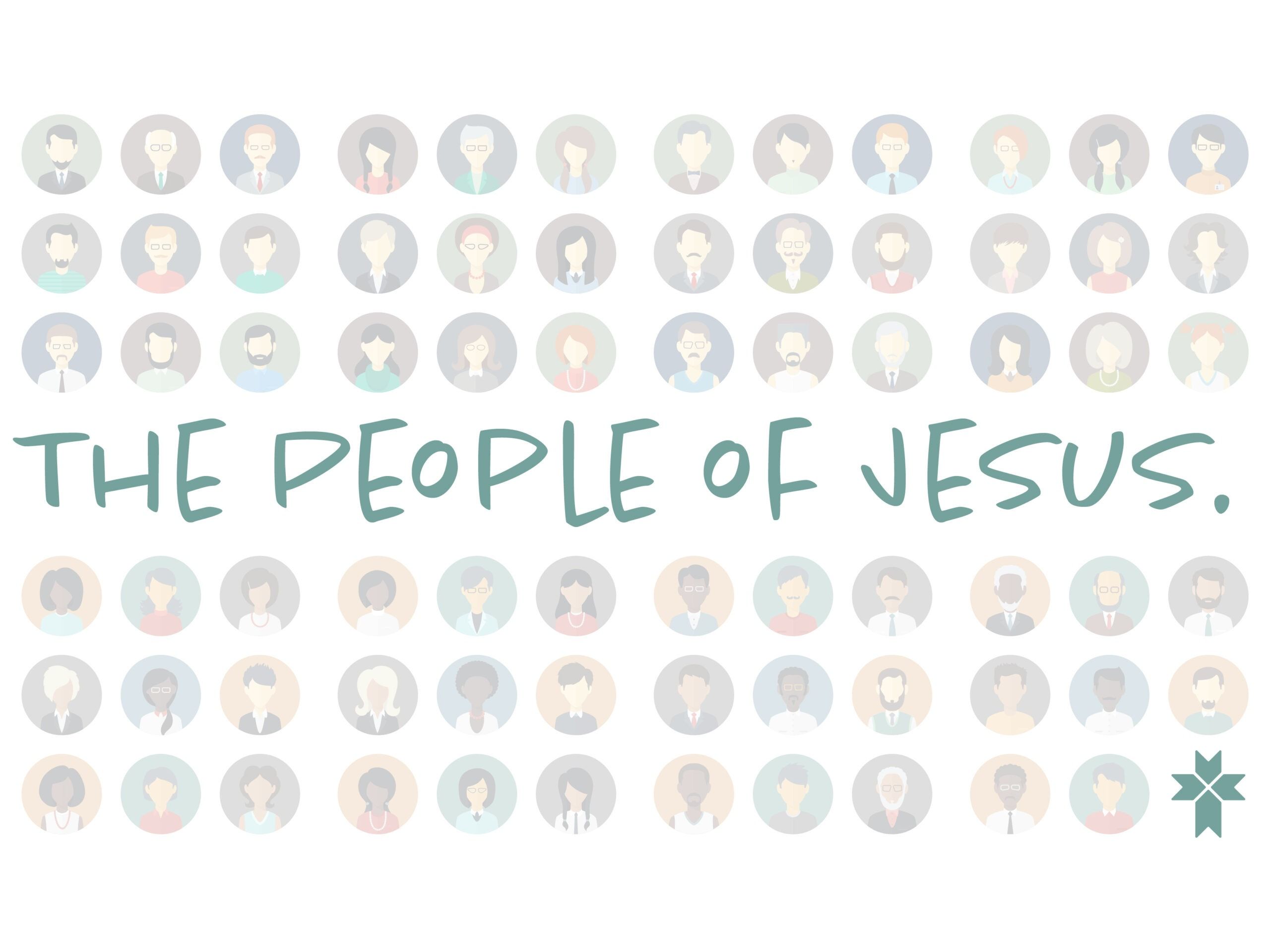How should we, as Christians, respond to the attempted assassination of Donald J. Trump?
On Saturday evening, I was sitting down, preparing to watch the Atlanta Braves play the San Diego Padres when I received a text from my dad informing me that something sounding like guns or fireworks had gone off at a Trump Rally near Pittsburgh. I immediately turned to the news to see what was happening.
We would all later learn that Donald Trump, the former President and current Republican Presidential candidate had been shot through the ear.
Watching the events unfold, my thoughts went in various directions: Who did this? Why did they do this? What does this mean for our country? What does this mean for my family? What does it mean for my church? What does Scripture have to say?
That final question I knew was the most important, for Scripture shapes our lives. God’s Word is clear and sufficient and in the darkest of moments, provides a lamp to our feet and a light to our path (Psalm 119:105). Knowing this, I turned to Psalm 46 where David writes,
“God is our refuge and strength, a very present help in trouble. Therefore we will not fear though the earth gives way, though the mountains be moved into the heart of the sea, though its waters roar and foam, though the mountains tremble at its swelling. There is a river whose streams make glad the city of God, the holy habitation of the Most High. God is in the midst of her; she shall not be moved; God will help her when morning dawns. The nations rage, the kingdoms totter; he utters his voice, the earth melts. The LORD of hosts is with us; the God of Jacob is our fortress. Come, behold the works of the LORD, how he has brought desolations on the earth. He makes wars cease to the end of the earth; he breaks the bow and shatters the spear; he burns the chariots with fire. ‘Be still, and know that I am God. I will be exalted among the nations, I will be exalted in the earth!’ The LORD of hosts is with us; the God of Jacob is our fortress.” (ESV)
On Sunday, just a few hours after the Saturday evening events, I shared with our church four responses from Psalm 46 that we as Christians must have during a time like this.
We respond in prayer.
Prayer must always be our first response and must continue to be our posture in the days, weeks, and months to come. Psalm 46:1 tells us that “God is our refuge and strength, a very present help in trouble.”
Our God is not distant; he is near. Our God is not silent; he speaks. Our God is not weak; he is strong. Our God is our refuge, and when we find ourselves in trouble or see trouble rising around us, we run to our shelter like a child caught in a lightning storm. God is our mighty fortress.
Prayer is this act of running to God as our refuge, and as we see divisive vitriol playing out throughout our country, we must go to the Lord in prayer.
While there are many things we can pray for, here are a few places to begin:
- We pray for the salvation of our government officials (1 Timothy 2:1-2).
- We pray for the protection of our government officials.
- We pray for gospel revival in our nation (Matthew 28:18-20).
We respond by trusting that God is sovereign over all things.
Look at what David writes concerning God’s sovereignty in Psalm 46: “God is a very present help in trouble.” “He utters his voice, the earth melts.” “He has brought desolations on the earth.” “He makes wars cease.” “He will be exalted among the nations.”
The office of the President of the United States has often been called the most powerful office in the world. Yet, Scripture reminds us that God is the one who places rulers in their positions. While American citizens vote in free and fair elections and Presidents, Governors, and local officials are elected by the people, it is through God’s sovereign hand that men and women are placed in government positions.
The Apostle Paul writes in Romans 13:1, “Let every person be subject to the governing authorities. For there is no authority except from God, and those that exist have been instituted by God.”
I find great comfort in this verse. I believe Scripture teaches that government is an institution that God establishes for the good of the people and His glory (1 Peter 2:13-14). And when governments act contrary to the character of God, I know that God still holds all things in His hands. He sovereignly rules all things from the throne of heaven.
While events throughout history may cause our hearts to fear, there is no reason to fear. The earth may be falling apart, mountains sinking into oceans, waters overtaking land, yet God is in control.
Therefore, we must not fear but trust in God and His sovereign hand.
We respond by proclaiming the truth of the Gospel.
“Be still and know that I am God” are words of comfort in the midst of the unknown. It is calming for the soul to see the truth of God’s holy character. He alone is God.
The internet and social media age have taught us to respond before we know the facts. Even now, on Monday, we will read comments and articles from people who believed something was true when it has already been proven false.
As Christians, we cannot be people given over to lies or conspiracy theories (1 Timothy 1:4), but rather we should be people of truth (Ephesians 4:15).
While we converse throughout the week, let’s remember that God is a God of truth and expects the same from His children. It also means that when given the opportunity, we should proclaim that Jesus is the Way, the Truth, and the Life, and salvation from sin comes through His righteousness alone (John 14:6).
Every one of us, including the most powerful of men, is just a few moments and inches from death. We are never promised tomorrow, and we know our lives are like vapor. Today, let’s invite people to repent of their sins and believe in the name of Jesus Christ.
We respond by rejoicing in the hope of heaven.
There’s an old song that simply says, “This world is not my home, I’m just passing through.” I love our country. I’m a proud American. I’m thankful God has placed my family here.
But America is not my home. I’m temporarily living here while I await my eternal home in heaven, where, as Psalm 46 states, “There is a river whose streams make glad the city of God, the holy habitation of the Most High.”
Paul writes again in Philippians 3:20, “But our citizenship is in heaven, and from it we await a Savior, the Lord Jesus Christ.”
The home that awaits us who are in Christ will be empty of sin, empty of hate, and filled with the joy of the Lord. I look forward to that day.
Until that day, may we live as God’s ambassadors on this earth, proclaiming the good news of the gospel and trusting in His sovereign hand over all things.
By His Grace,
Pastor Matt


